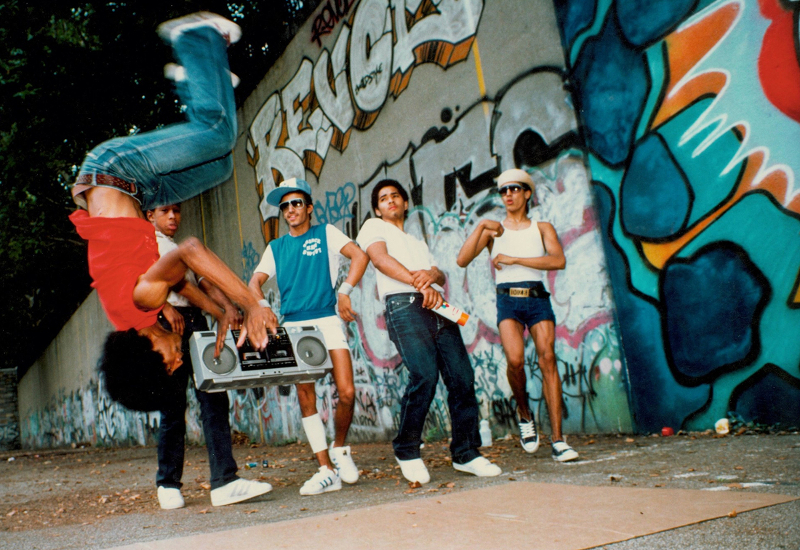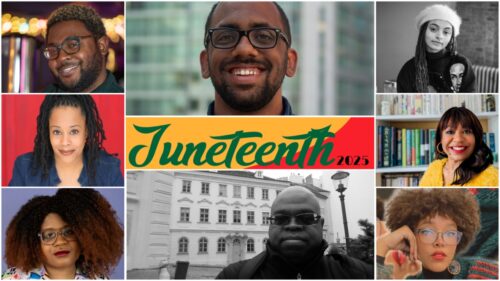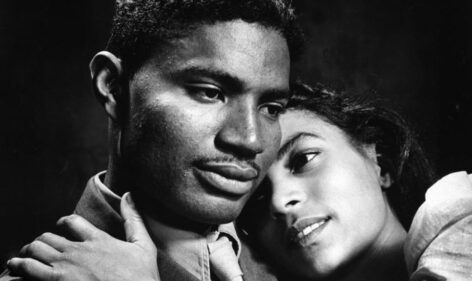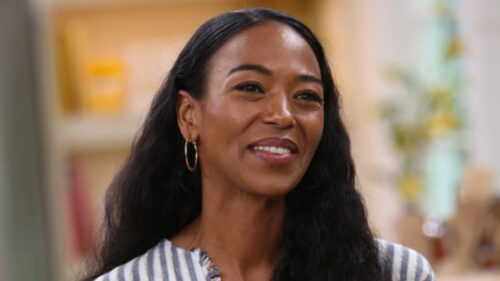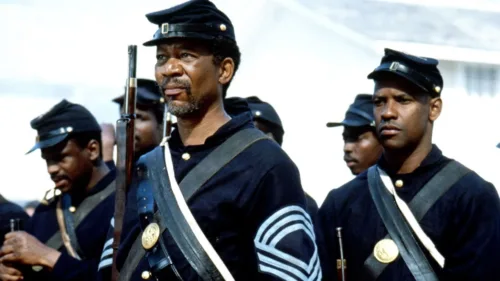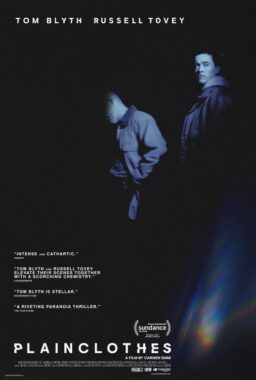Hip-Hop, born 50 years ago in the South Bronx, has become the most popular music genre in the world. It has also become a global phenomenon influencing and impacting almost every industry, especially movies. Today’s evolution of cinema owes a great deal to this somewhat unacknowledged partnership, especially this year.
There has always been an intersection between Hip-Hop and Hollywood, but the focus has largely been on rappers who became actors instead of craftsmen and women behind the scenes. The entire culture of Hip-Hop has permeated the movie industry in far more ways than just brilliant wordsmiths flexing their thespian muscles in front of the camera.
Recent releases “Transformers: Rise of the Beasts” and “Spider-Man: Across the Spider-Verse” perfectly demonstrate Hip-Hop’s enormous artistic impact as a cultural influencer and cinematic game-changer. Both movies are heavily punctuated by the culture, but neither is a straightforward Hip-Hop movie.
“Transformers: Rise of the Beasts” seems solely to exist in its 1994 setting to allow the filmmakers to overindulge in needle drops featuring the hottest rap songs of the era. The two lead characters (played by Dominique Fishback and Anthony Ramos) are positioned as direct descendants of the early days of the culture. A Black and a Hispanic with Puerto Rican flavor reside in Brooklyn with mannerisms and vernacular straight from Hip-Hop as they battle gigantic robots from a cartoon idolized by Hip-Hop culture. Even the movements of the Autobots and Maximals resemble many of the early moves of pop-lockers and breakdancers demonstrated back in the day.

“Spider-Man: Across the Spider-Verse” heavily borrows from Hip-Hop culture in many ways as well, but with a different aesthetic. The animation style of the film is heavily influenced by graffiti and street culture, while the soundtrack is loaded with rap bangers that help propel the story forward. The fashion of the characters also feels authentically street-inspired. “Spider-Man: Into the Spider-Verse” inspired more than a few new-generation Hip-Hop heads back when it was released in 2018. The groundbreaking film signaled the beginning of the next wave of Hip-Hop’s creative impact across fashion, pop culture, and filmmaking. Released during an era where content creation became the dominant aspiration for today’s youth culture, the film presented creative inspiration for the SoundCloud generation. This is the generation that has next, and they will likely spread the culture as content creators slowly infiltrating the industry professionally.
They follow in some big footsteps when it comes to blending Hip-Hop with directors like John Singleton, Spike Lee, F. Gary Gray, and Allen Hughes having matured as filmmakers as Hip-Hop ascended to pop-cultural dominance. They became elite storytellers during the ‘90s, incorporating the culture into every film they released. Does that make every film they produced a Hip-Hop movie? No, it doesn’t, but the culture dictates the vibe, and their films steeped with the culture dictate the trends.
Hip-Hop is a lifestyle. A lifestyle that young Black and Brown people lived every day. A lifestyle that they craved to see on screen when they went to the movies and watched television. Filmmakers like Lee and Singleton understood that.

The directors who jump-started the Black contemporary film movement of the ‘90s were raised on Hip-Hop. The movies were initially how most people absorbed the culture, especially outside of New York and Los Angeles. During the mid-’80s, a string of films visually and musically provided the Hip-Hop template. Millions of young Black and Latino youth absorbed everything they saw. A string of movies—“Wild Style” in 1983, “Beat Street” in 1984, “Breakin’” in 1984, “Breakin’ 2: Electric Boogaloo” in 1984, and “Krush Groove” in 1985—showcased the sights and sounds of Hip-Hop. A line can be drawn from those direct representations of the culture in the ‘80s to the dramas inspired by Hip-Hop in the ‘90s through to the “Spider-Man” movies of today.
Hip-Hop is the culture of the post-MLK “I Have a Dream” era. The culture’s initial impact spoke to a generation that thought differently, acted differently, dressed differently, listened to different music, and danced differently. They also wanted the visual images they saw to reflect their aesthetic differently.
It’s always been a two-way relationship. Hip-Hop heads have long been cinephiles. The Wu-Tang clan borrowed huge chunks of their philosophy and style from martial arts movies, increasing the popularity of those films.
Way before the Marvel Cinematic Universe rewrote the box office record books Ghostface Killa was calling himself Tony Stark and dropping Iron Man ideology throughout his lyrics. It felt right that the producers of the first “Iron Man” movie gave him a cameo in the film.

The initial storytellers told linear stories that either directly focused on the genre or were impacted by the culture. In time these directors began working on mainstream projects bringing their sensibilities to these projects. The rest of the industry would soon follow.
Even celebrated directors like Quentin Tarantino have borrowed from the Hip-Hop aesthetic for their filmmaking style. By using classic funk songs, Tarantino has honored the way some of rap music’s most genius producers use the same kinds of songs to create new masterpieces.
As the culture’s appeal and allure spreads, Hollywood has found it necessary to incorporate Hip-Hop into its marketing, promotions, and advertising. Many trailers use Hip-Hop music to help sell their projects.
And as Hip-Hop continues to evolve, its relationship with Hollywood will continue to grow. Will it ever be fully acknowledged? Probably not; Black culture has never received full credit for its cultural influence. And let’s not talk about all the checks owed for all them receipts. Nonetheless, the culture will continue to influence frame by frame, whether it’s a drama, an action blockbuster, a comedy, or an animated masterpiece. It’s all Hip-Hop.
